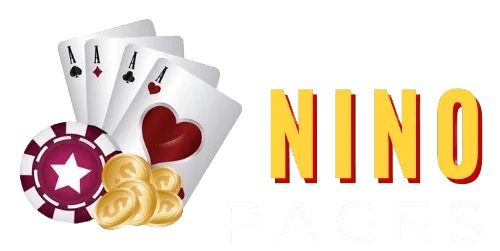While the PlayStation brand is often associated with its powerhouse home consoles, the PSP remains one of the most impactful yet underrated chapters in Sony’s gaming history. Designed as more than just a gaming device, the PSP served as a multimedia hub that also happened to host some of the best games of its era. In many ways, it was ahead of its time, bringing console-level depth to a portable format. The PSP’s library wasn’t just expansive—it was experimental, ambitious, and surprisingly mature.
The games that defined the PSP weren’t simply ports or scaled-down versions of console hits. They were original titles that understood and leveraged the platform’s strengths. One standout is Daxter, a spin-off from the Jak and Daxter series, which delivered tight platforming, humor, and beautiful visuals that pushed the system’s limits. Another is Resistance: Retribution, a third-person shooter that managed to recreate the intense, sci-fi battles of its console counterpart without losing immersion or fluidity.
What set the PSP apart was its ability to balance accessibility with complexity. Titles like Monster Hunter Freedom seduniatoto Unite offered hundreds of hours of content, cooperative multiplayer, and strategic combat that rewarded patience and skill. At the same time, pick-up-and-play titles like LocoRoco charmed players with their simplicity and visual style. This wide range of experiences meant that the PSP could cater to hardcore gamers and casual players alike, a versatility that helped define the platform.
Many of the best PSP games also left a lasting influence on game development as a whole. Metal Gear Solid: Peace Walker, for instance, introduced base-building mechanics that later appeared in The Phantom Pain. Crisis Core: Final Fantasy VII added emotional depth to the Final Fantasy universe and deepened fan appreciation for a story they thought they already knew. These were not side projects—they were foundational experiences that expanded entire franchises.
The storytelling on the PSP was often bold and poignant. Games didn’t shy away from complex narratives or emotional beats, despite the limitations of a handheld device. This is perhaps best exemplified by Persona 3 Portable, which combined dungeon-crawling with life simulation, allowing players to shape the narrative through choices, relationships, and daily activities. The result was a game that felt deeply personal and resonant, earning it a place among the best games not just on PSP, but in the RPG genre.
